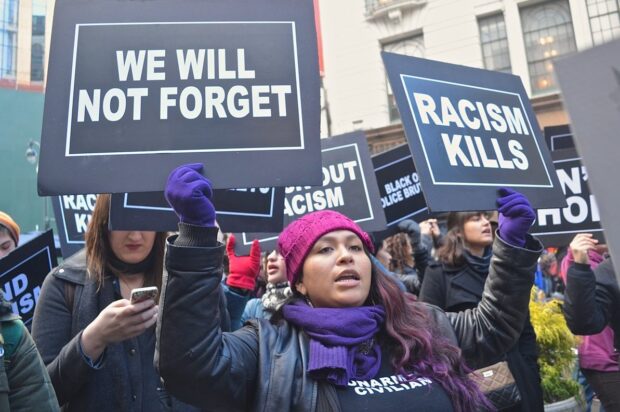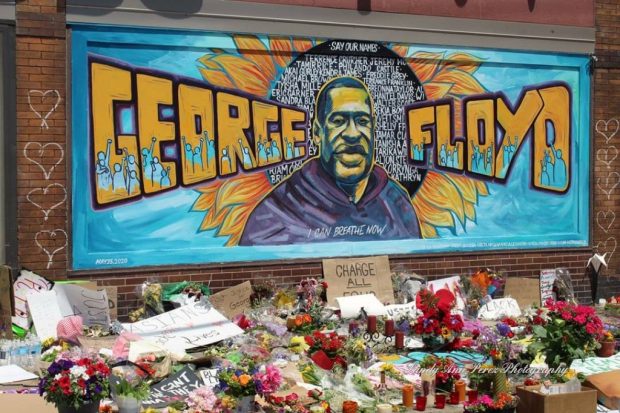Communities
I am so pleased to welcome Ewan King, Chief Executive of Shared Lives Plus, as our guest blogger this week. I am a great fan of this model of care and support and the many ways it helps people make the most of community based options, helping them lead healthy, happy and inclusive lives.
I am delighted to once again host adult social workers Nimal Jude and Liz Howard as guest bloggers, this time introducing their latest exciting venture, the Anti-racist Listening Project podcast. Making sure social work practice always challenges discrimination and oppression is imperative if we are to truly promote a human rights and social justice based …
Lockdowns may have ended but out duty of care as social workers goes on - and that includes encouraging colleagues and those we serve to make sure they remain fully vaccinated against COVID-19 and a potentially resurgent flu virus.
Chief Social Worker for Adults, Lyn Romeo, has witnessed unprecedented changes in LGBT+ rights over her years as a social worker. Whilst there is still much to do, as we celebrate diversity through the ages during LGBT+ History Month, Lyn reflects on how far we have come as a society.
A new beginning for racial equality in social care The social care workforce race and equality standard (SCWRES) officially launched on 1 April 2021 across 18 local authorities (LAs), the first phase of a timely and crucial programme committed to …
As Chief Social Workers for Adults, part of our national leadership is to role model anti-racist and anti-discriminatory practice. We are therefore looking forward to working together to implement the social care Workforce Race and Equality Standard (WRES) in 18 local authorities from April 2021. In this blog, Isabelle Trowler, Chief Social Worker for Children …
Diana Katoto is a student at the University of Birmingham, studying a BA Social Work. She has a passion for social justice and prides herself on promoting human rights. The tragic death of George Floyd in the United States has prompted her to write this heartfelt and challenging blog. Diana tasks our social work profession …
Over the past few days, those of us in the Office of the Chief Social Worker for Adults and the Office of the Chief Social Worker for Children and Families have been shocked and horrified by the death of George Floyd. The subsequent outpouring of anger, despair and emotion that has followed has focused our …
For a uniquely personal take on matters of race, discrimination, unconscious bias and the many other issues thrown into sharp relief by recent events in the US, we are proud to present this excellent blog from Nadia Khan. Nadia is a registered social worker, AMHP and Interim Service Manager for Mental Health with Bradford Council …
Worshiping in a time of pandemic poses unique challenges, but our faith communities are finding ways to adapt and maintain connections. Likewise, our social workers of faith are taking the time to reflect on how their practice can dovetail with community traditions to maintain love, friendship and fellowship with those they serve and hold dear.









